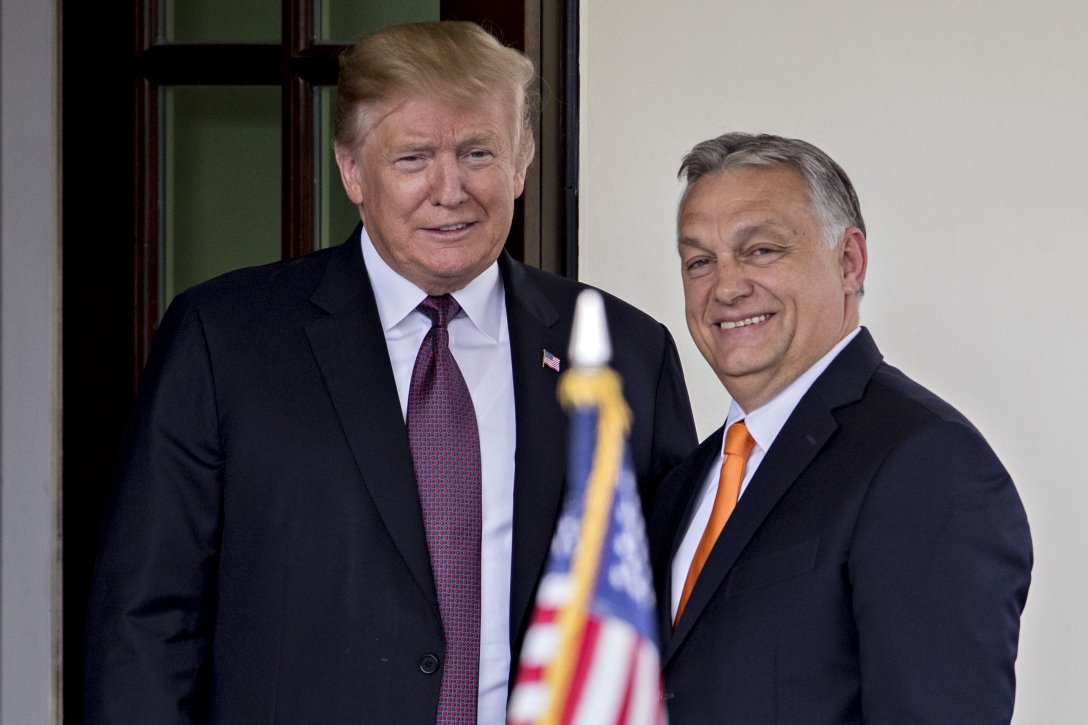85 percent of Ukrainians continue to believe in victory, despite everything. Marveling at the nation's resilience, political science professor Oleksandr Motyl, in a column for The Hill, finds the secret of Ukrainian optimism — and marvels at the pessimism of the West.
Someone forgot to tell the Ukrainians that they cannot win the war against Russia.
According to a public opinion poll conducted by the authoritative Razumkov Center at the end of January, as many as 85 percent of respondents believe in Ukraine's victory, and only 8.5 percent do not. The figures are quite similar in all directions: from 78 percent in the East of Ukraine, where all the fighting and most of the deaths and destruction take place, to 88.5 percent in the rest of the country.
As for when victory will be achieved, 20 percent say by the end of 2024, 40 percent in one to two years, 14 percent in three to five years, and 3 percent in five-and-a-half years .
What Ukrainians understand by victory is even more encouraging: 38 percent believe that "the expulsion of Russian troops from the entire territory of Ukraine and the restoration of borders as of January 2014 can be considered a victory." Surprisingly, 27 percent have even higher expectations and "will consider the destruction of the Russian army and the promotion of insurrection / collapse within Russia a victory."
Optimism is striking: 60 percent of Ukrainians believe they will win by the end of 2025, and 65 percent of them have a maximalist view of victory.
And not only average Ukrainians are optimistic about the near future. The same applies to certain categories — for example, Ukrainian businessmen and women. According to a survey conducted by the Ukrainian Business News Network this month, “after a fairly successful 2023, when more than 70% of companies reached their targets for both revenue and profit, in 2024 almost 60% of businesses expect some level of growth, before most of them plan double-digit growth. Most companies are confident that they will be able to achieve these goals as well."
One businessman captured the prevailing mood: "I fear war only when I watch it on TV in London."
On the contrary, the vast majority of Europeans are shockingly gloomy about Ukraine. The European Council on International Relations found that "Europeans are pessimistic about the outcome of the war. On average, only 10 percent of Europeans in 12 countries believe that Ukraine will win. Twice as many people expect Russia to win."
European pessimism is not as unequivocally pessimistic as the 10 percent figure suggests, with 27-47 percent of Europeans believing that Ukraine and Russia will reach a “compromise settlement” (good luck with that!), while 19-38 percent chose “none of these” or "I do not know". However, even with such a caveat, it is clear that Ukrainians and Europeans have diametrically opposed views on Ukraine's victory.
Needless to say, many American politicians and analysts share the Western pessimism, with one analyst recently telling The Hill that "the idea of total victory for Ukraine is delusional."

An obvious question arises: are Ukrainians wrong or are European and American politicians, analysts and ordinary people wrong?
It is difficult to argue with the fact that Ukrainians are detached from ordinary reality. They end up dying, being shot at, raped and bombed. Two years of war and genocide should sharpen feelings and reduce delusional expectations, not increase them.
On the contrary, it is obvious that the vast majority of Europeans and Americans have no idea what exactly is happening in Ukraine. They watch TV, read the occasional article or post on social media, and then get over their war fatigue and go back to beer, wine, and barbecue. If anyone is wrong, it is average Europeans and Americans.
Unfortunately, the same is true for some politicians and analysts. American media heroes Tucker Carlson and Donald Trump and their aides; Prime Minister of Slovakia Robert Fico; the notorious Hungarian Viktor Orban; National Front leader Marine Le Pen in France; the "Alternative for Germany" party; the Austrian "Party of Freedom" - and these are just a few - live in a parallel universe where Vladimir Putin is a saint and Volodymyr Zelenskyi is Satan. Fortunately, such people are a minority.
Perhaps the Ukrainians have become so desperate, so scared of the evil that awaits them, that they have collectively made an absurd leap of faith that they will win, because they must win. Such a move would mean that the population would find themselves completely in the grip of irrational emotions that make them see things that are not really there. Perhaps this is true for some Ukrainians, but certainly not for 85 percent. In any case, there is no evidence of such irrationality either in the Ukrainian mass media or in conversations with real living Ukrainians.
If the Ukrainians are not mistaken, then they know something better than we in the West. After all, they know very well that the US Congress is de facto siding with Russia, refusing to supply weapons to Ukraine. They know that Europeans and Americans are skeptical of their victory. They know what the reality is in the West.
But they also know what the reality is in Ukraine and Russia. They know that Russia cannot win a war that will cost them 1,000 deaths a day. They know that Putin's regime is much weaker than it appears. Finally, the Ukrainians also know that in order to win, they only need to survive the Russians — and they know that they can do this not because of some magical belief in stability and victory, but because the alternative to "surviving" the Russians is the destruction of the Ukrainians by the Russians.

